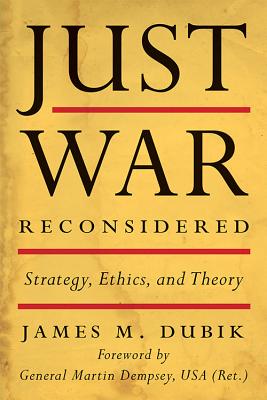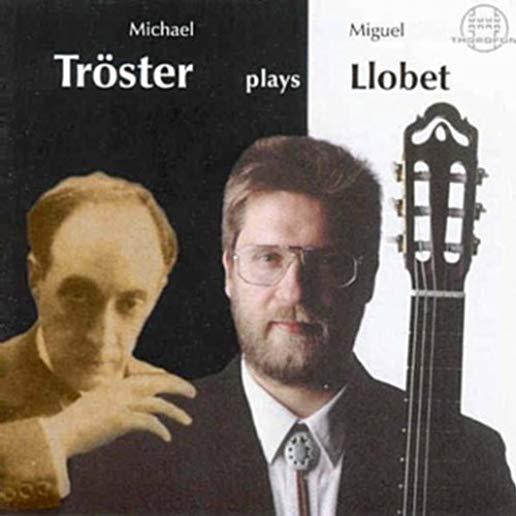
In Just War Reconsidered: Strategy, Ethics, and Theory, James M. Dubik draws on years of research as well as his own experiences as a soldier and teacher to fill the gaps left by other theorists. He applies moral philosophy, political philosophy, and strategic studies to historical and contemporary case studies to reveal the inaccuracies and moral bankruptcy that inform some of the literature on military ethics. Conventional just war theory adopts a binary approach, wherein political leaders have moral accountability for the decision to go to war and soldiers have accountability for fighting the war ethically. Dubik argues, however, that political and military leadership should be held accountable for the planning and execution of war in addition to the decision to initiate conflict.
Dubik bases his sober reassessment on the fundamental truth that war risks the lives of soldiers and innocents as well as the political and social health of communities. He offers new standards to evaluate the ethics of warfare in the hope of increasing the probability that the lives of soldiers will not be used in vain and the innocent not put at risk unnecessarily.
member goods
listens & views

MISSISSIPPI DELTA BLUES JAM MEMPHIS ...
by MISSISSIPPI DELTA BLUES JAM MEMPHIS 2 / VARIOUS
COMPACT DISC$11.49






